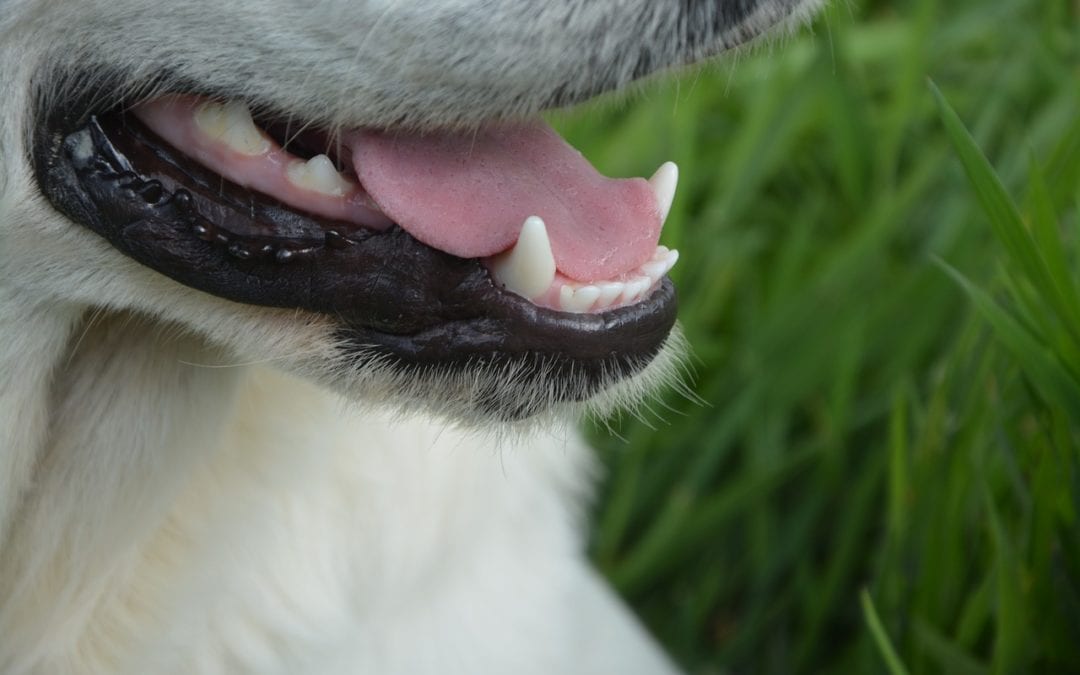Oral care is as vitally important to the overall health of your pets as it is to humans. Dental concerns can be both the cause and the result of other illnesses in the body. Most pets develop the early stages of periodontal disease by three years of age, and keeping their pearly whites healthy can be a challenge for pet owners.
Why your pet needs regular dental cleanings
Poor oral hygiene can lead to gingivitis, periodontal disease, tooth loss, bone loss, oral pain, abscesses, infections, excessive drooling, and difficulty eating. Additionally, because bacteria in the mouth can be absorbed into the bloodstream, other organs, like the heart, kidneys, and liver, can suffer as a result of poor oral hygiene.
Periodontal disease progresses quickly and begins when bacteria combine with food particles to form plaque on the teeth. Soon, minerals in the saliva bond with the plaque to form tartar, a substance that firmly adheres to the teeth. When bacteria get under the gum line, inflammation occurs and leads to gingivitis, which destroys the tissues surrounding the teeth and causes eventual tooth loss.
Since many pet owners struggle to brush their pet’s teeth regularly and bacteria accumulate under the gum line, regular dental cleanings conducted by the veterinary health care team are important.
Anesthesia and your pet’s dental cleaning
Most pets do not tolerate anyone poking around in their mouths. Because of this, dental cleaning can only be performed while a pet is under general anesthesia. This enables us to conduct a thorough oral examination; perform dental X-rays; remove the tartar, plaque, and bacteria from under the gumline; and extract diseased or broken teeth while taking measures to control pain.
We offer complimentary dental health examination appointments, scheduled with our registered veterinary technicians, to assist you with any concerns you may have. To schedule an appointment, contact us.

